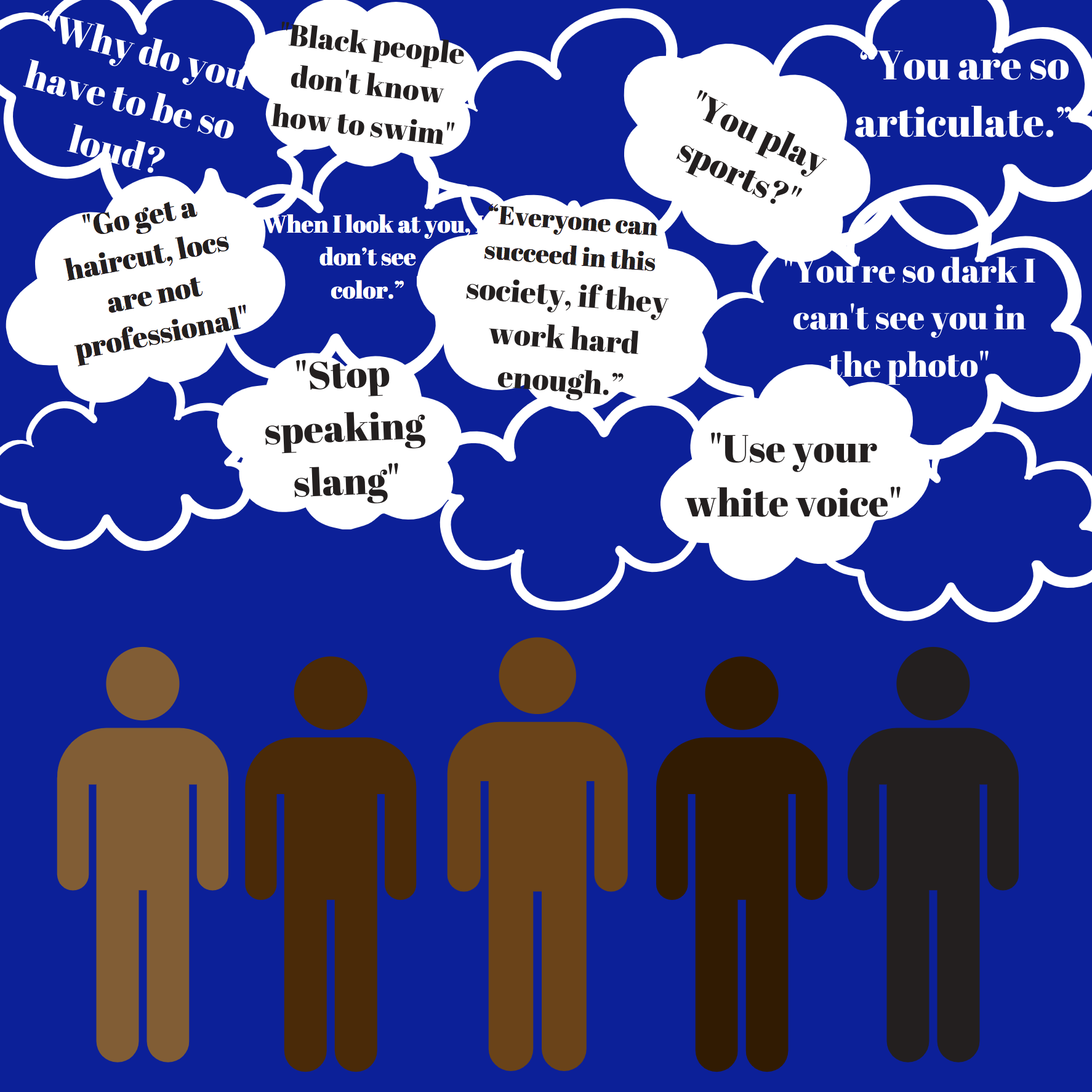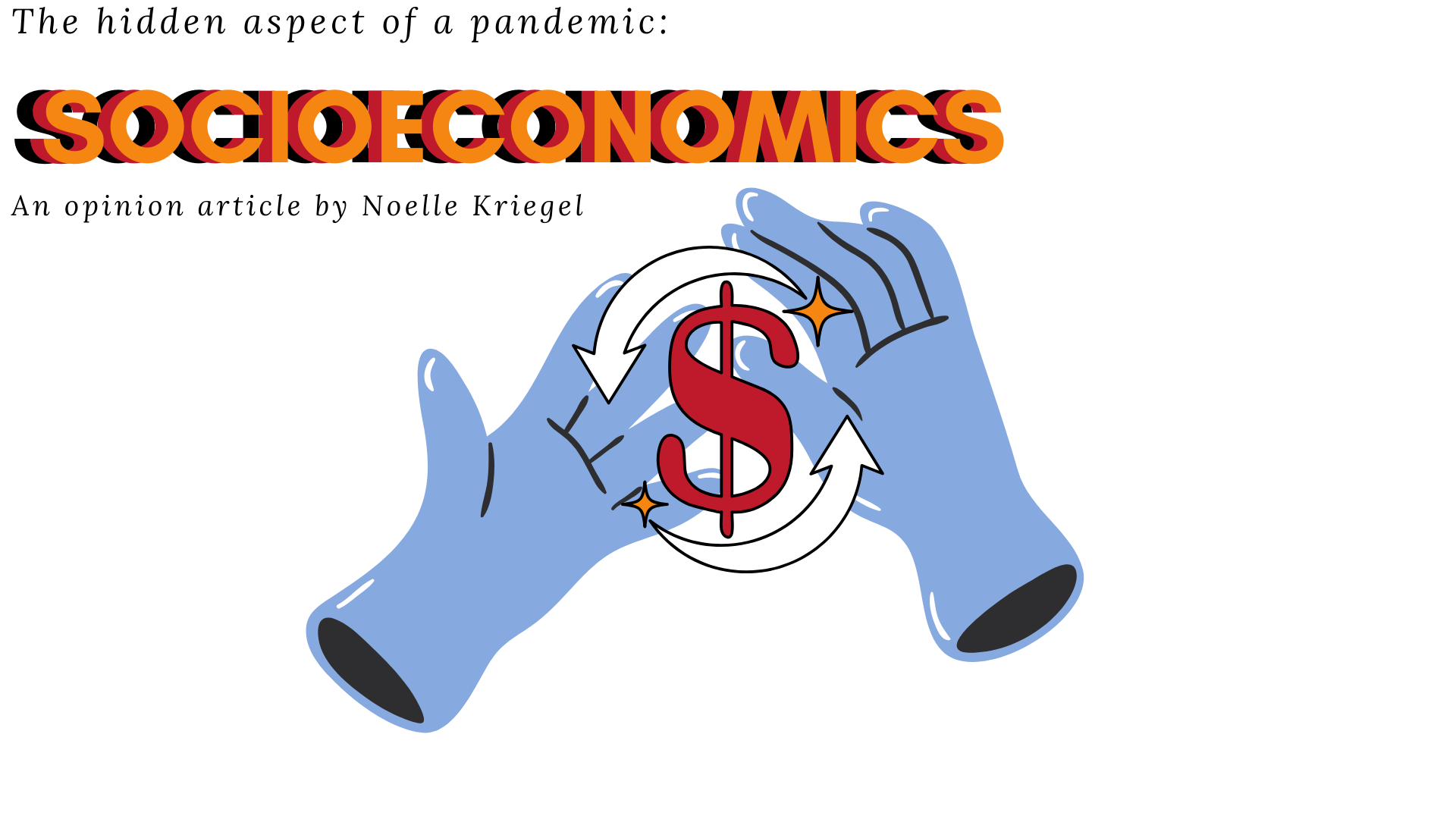Column: The term is Coronavirus or COVID-19, not 'Chinese Virus'
As Americans start using the term “Chinese virus” to describe COVID-19, they may not realize doing so is implicated as racist behavior.
This term became widely used after President Donald Trump used the term in one of his speeches, which immediately gained criticism among experts, states Charissa Cheah, a psychology professor at the University of Maryland Baltimore County.
“It’s not just the fear and targeting of a group of people who have a higher risk of infecting you,” Cheah said. “You’re not reacting to a specific health threat but are generalizing it to a group of people and labeling all of them as dangerous and deserving of exclusion and poor treatment.”
This type of language is essentially fueling discrimination and hate to a group of people for an isolated event.
According to the Merriam-Webster dictionary definition of racism, the term “Chinese virus” falls into that category.
One may think it’s fair to say that it is unacceptable to blame an entire race for the spread of COVID-19.
Unfortunately, according to Business Insider, using the negative term has generated Chinese restaurants temporarily closing because of a decrease in patronage, people being subject to hostile remarks, and, in some extreme cases, some Asians being physically assaulted.
PBS News Hour stated that the website Stop AAPI Hate has registered more than 1,000 incidents in less than two weeks.
If there is a disagreement with the term being considered racist, it is important to ask yourself “why have there been attacks against Asian Americans and division among China and the U.S following the usage of the term?”
Though people have been using “Chinese virus” as a term associated with where some believe the virus came from, it is seen by the World Health Organization and the Centers for Disease Control and Prevention as an action that “ facilitates negative meaning and stigmatizes attitudes.” They advise using its scientific name COVID-19.
Instead of using examples of the past such as the Spanish flu, Ebola, Lyme disease, and West Nile virus to name a few, experts say progression needs to take place by learning from the past.
Catherine Ceniza Choy, a professor of ethnic studies at the University of California, Berkeley said, “The practice of naming illnesses after locations or ethnicities has historically been accompanied by racial, ethnic or national stigma. And history illuminates that during times of epidemics, this racialized stigma creates a simplistic blame game with violent consequences."
As a society, it is more vital than ever to come together during this pandemic that has affected over 1.2 million people. The use of racist language can cause more tremendous harm and division at a time when nations are already in upheaval. It is best to stand politically correct.






